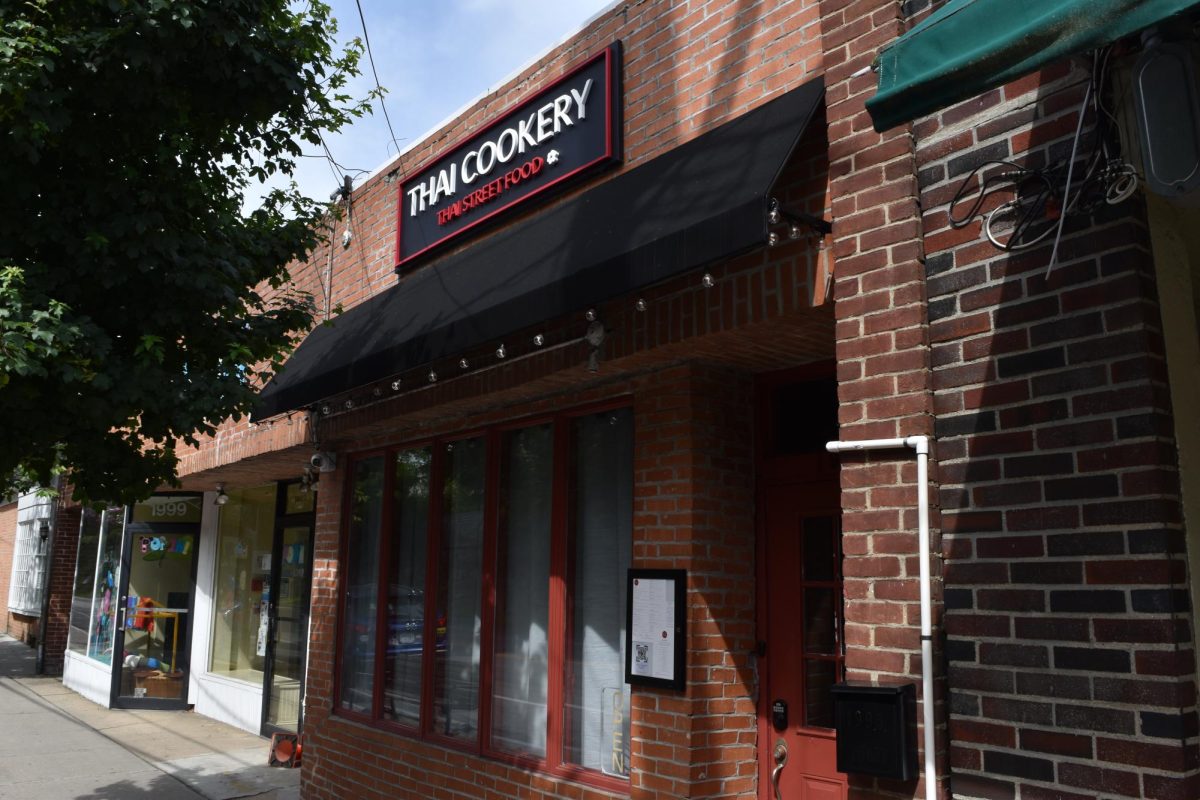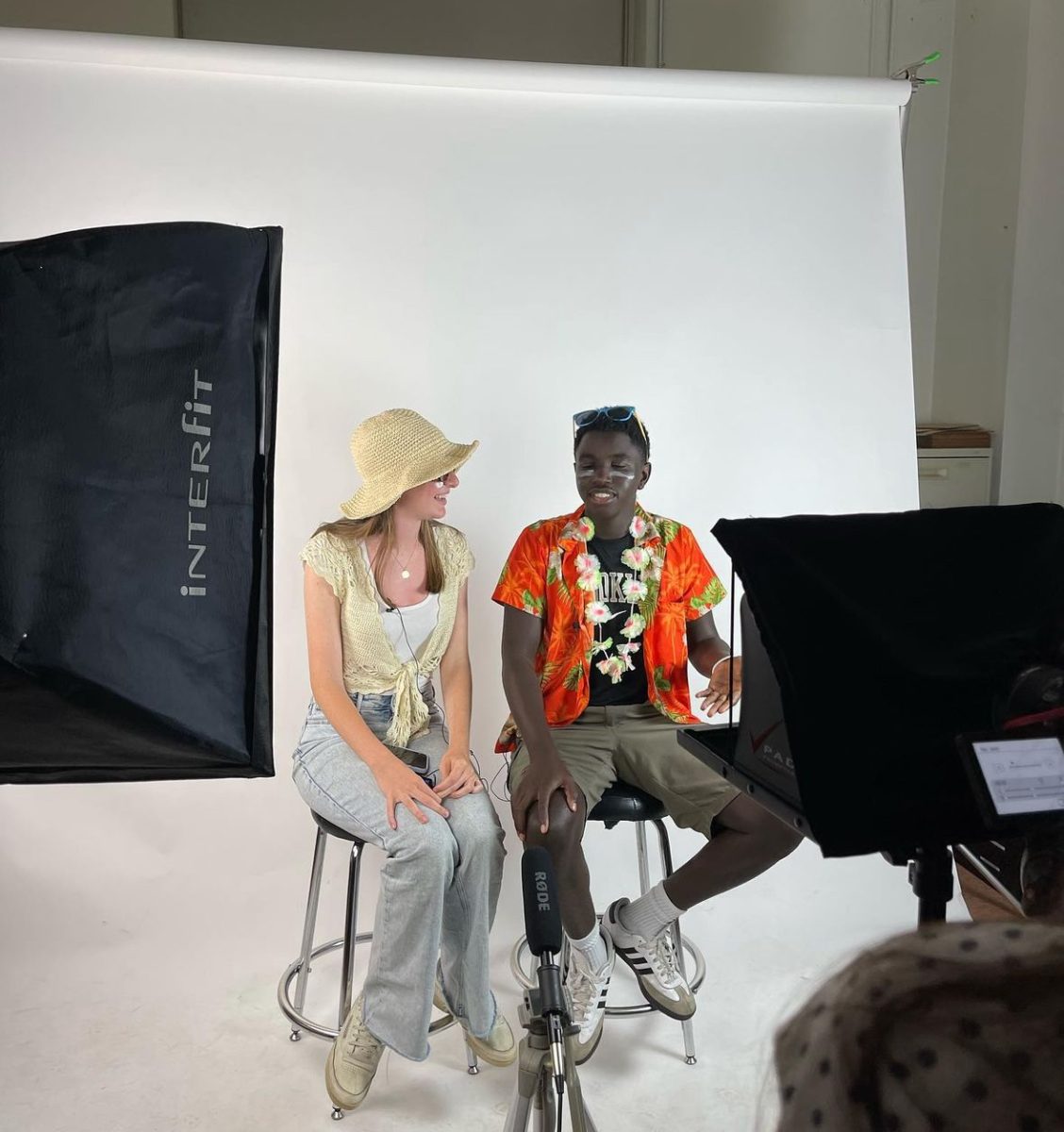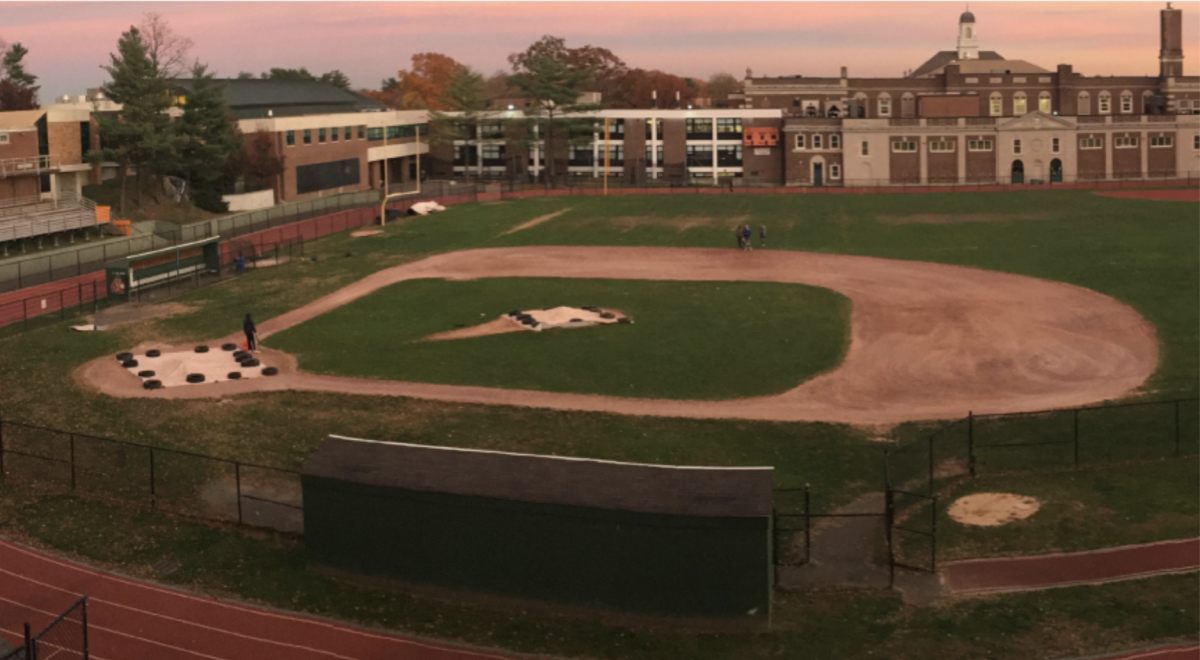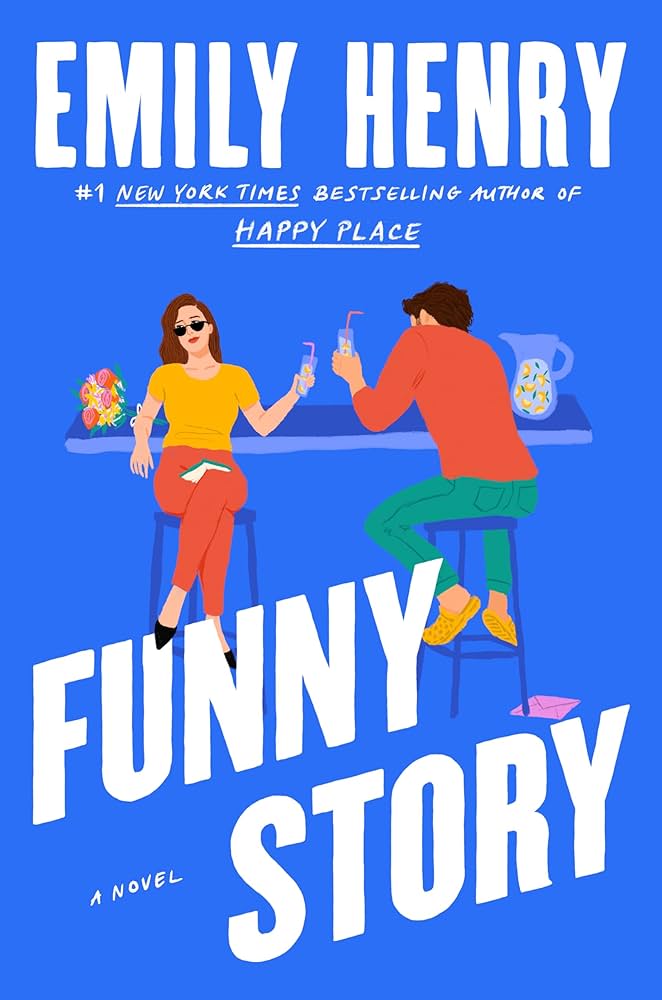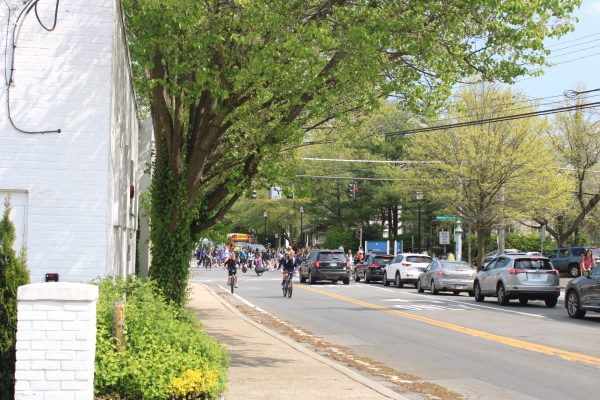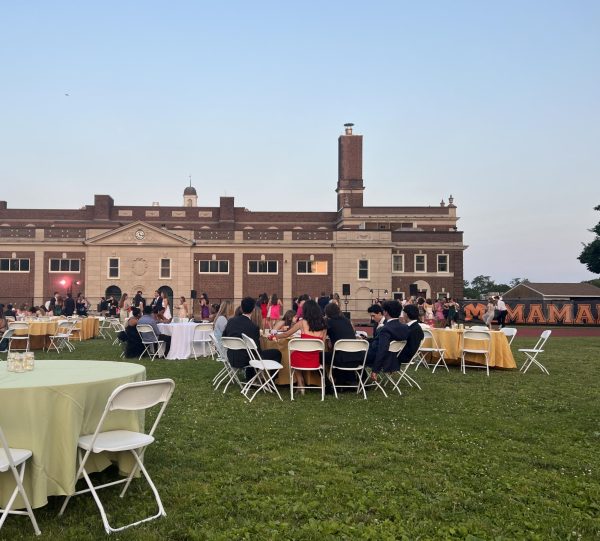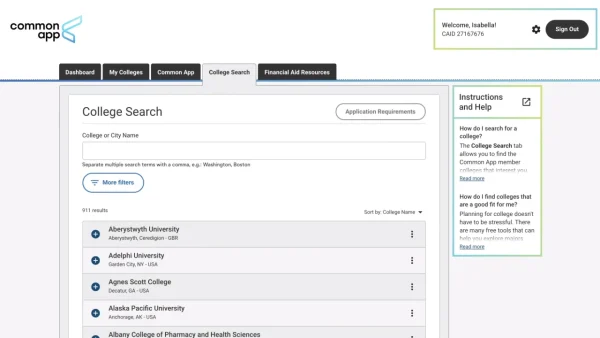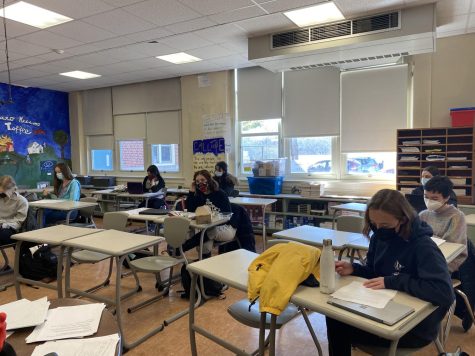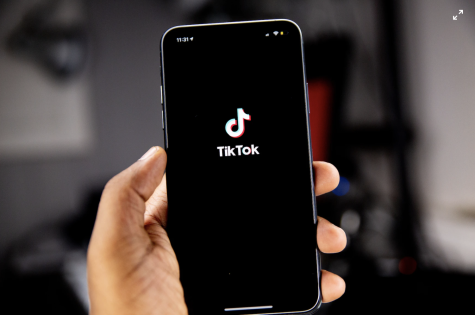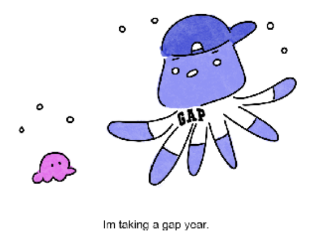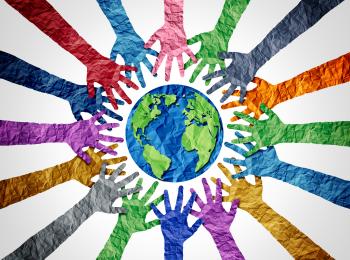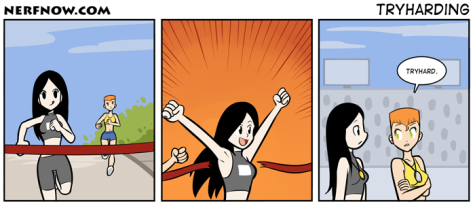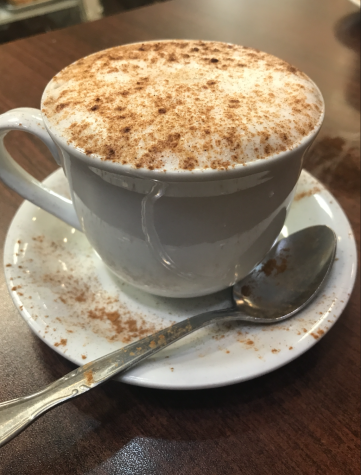In 2021, Leaders No Longer have Gen Z’s Trust
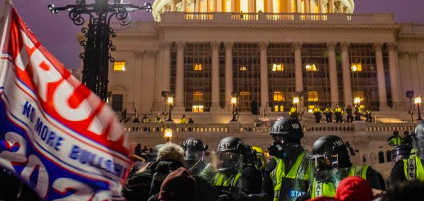
Photo Courtesy of @NYTimes on Instagram
Protestors in Washington D.C. during the January 6th raid on the Capitol get pushed out by officers.
March 15, 2021
We’ve all seen the primary source tweets, the political cartoon memes, and the first hand account TikToks; the evidence which future history classes will use to learn about and judge this time of great historical importance- a pandemic, economic hardship, a turbulent election, and a moral awakening regarding racism and climate change. This period in time has truly humanized the figures whose journals and letters we read in order to better understand the events of their time; they were just ordinary people trying to weather a rough situation as best as possible. However, when we study previous generations who endured monumental, and sometimes traumatic, events like the Great Depression, World Wars I and II, the Civil Rights movement, and the 9/11 attacks, we can see how it impacted their psyche, future decisions, and worldview.
According to Pew Research Center, the events which occur during a generation’s teenage years can influence their decisions regarding marriage, religion, political affiliation, and general philosophical outlook on life. This is called the cohort effect, which attributes generational differences to unique historical circumstances that members of a similar age group experience. The cohort effect increases exponentially when these events take place during one’s formative years, the time between ages 11-19 when they are forming their opinions and views about the world.
The cohort nicknamed the “lost” generation, who grew up during the prosperous 1920s, were unimpressed with wealth and grandeur and searched for greater meaning and satisfaction in life. Those whose formative years were troubled by the Great Depression and WWII grew up to be frugal, conformist, and civic minded- coined the “Silent” generation. Teenagers who saw the impacts of Roosevelt’s New Deal believed that the government should have a larger role in daily life. Those who grew up during the Vietnam War and Watergate scandal had much less trust in government than previous generations – which still impacts the level of public trust in government today. The 9/11 attacks caused an increase in patriotism and unity, which has made millennials more civically engaged and globally aware later on in life.
All this to say- how will the events of the past year impact our generation?
Our generation, Generation Z, includes anyone born in 1997 and later, while the millennial generation spans those born from 1981 to 1996. A survey conducted by Morning Consult of 1,000 Americans, ages 13-23, tracked many variables over the course of April to June of 2020. During that window, the number of Gen Z participants who believed that the Black Lives Matter movement had a major impact on their worldview increased by 21 points to 68%. Trust in institutions such as the police, U.S government, the criminal justice system, and news media has dropped dramatically over those two months, from around 56% to 46% on average. Interestingly, trust in police dropped 24 points to about 44% after the Black Lives Matter protests of June.
As a result of the coronavirus pandemic, which 75% of Gen Z participants believe has had a major impact on their worldview, trust in the U.S. healthcare system has dropped from 68% to 59%.
The survey even managed to discover our generation’s skepticism and idealism- contradicting qualities essential to our identity. While our generation is now less optimistic about the future (from 58% to 56% of Gen Z participants saying they are generally optimistic about the future of the country), we increasingly believe we can change the world positively (from 56% to 62%) significantly more than millennial participants.
The last statistic is the most revealing and meaningful clue about the future of our generation. Upon reflecting on the turmoil, pain, anger, chaos, and violence we have witnessed throughout the last year, we believe we can leave a positive legacy. Despite seeing the dark side of humanity, we believe we can improve society. Despite the uncertainty of the future, despite having no idea what each day will bring- we are certain that we can make a difference. Despite having little trust in the leaders, organizations, and governments of today, we have enormous trust in ourselves and in the power of tomorrow.



